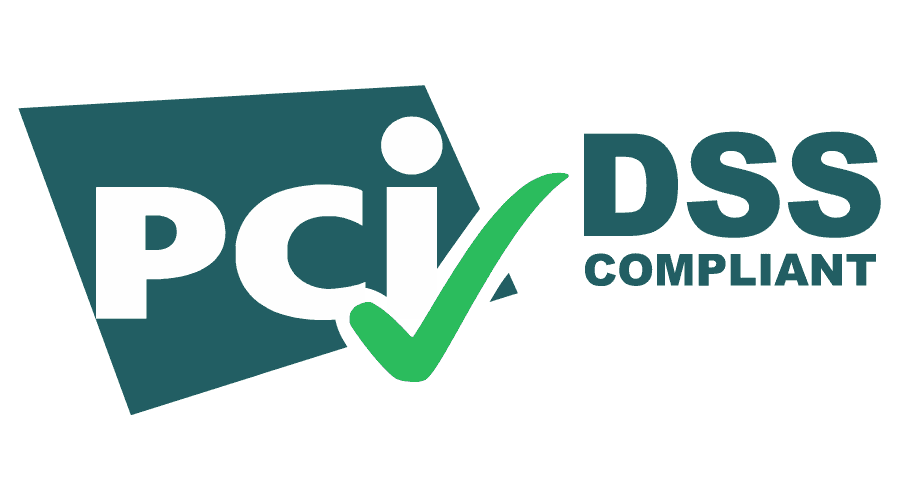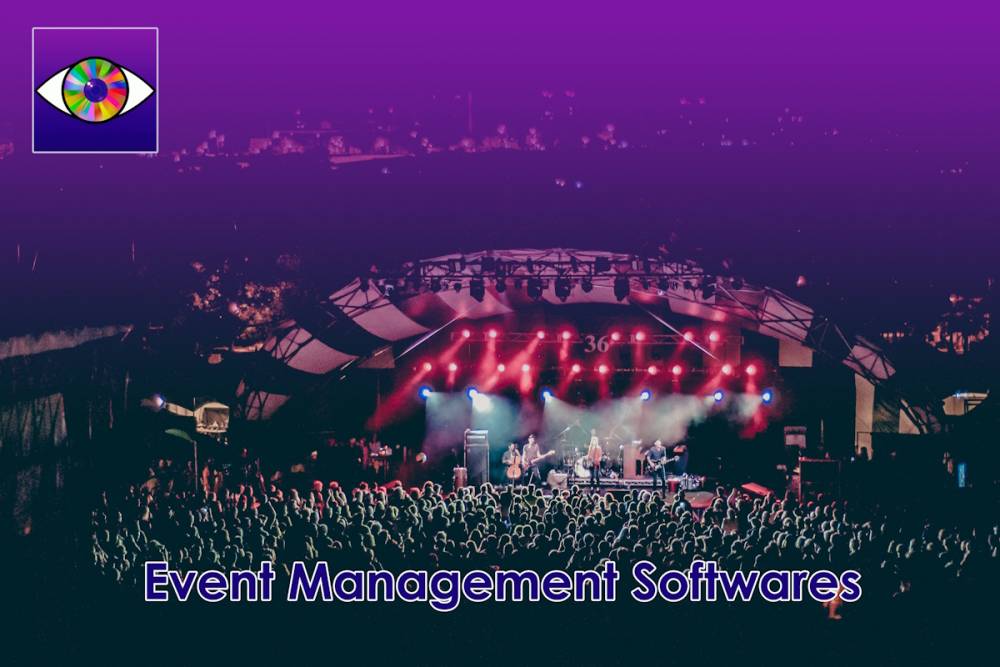
Master the Art of Easy Event Management: Streamline Your Planning Process for Stress-Free Success
Are you tired of the stress and chaos that comes with event planning? Do you dream of hosting seamless and unforgettable events with ease? Look no further! In this article, we will show you how to master the art of easy event management and streamline your planning process for stress-free success.
With our expert tips and strategies, you'll be able to plan and execute events with confidence, whether it's a small gathering or a large conference. From finding the perfect venue to managing guest lists and coordinating vendors, we have you covered. Say goodbye to last-minute hiccups and hello to smooth sailing from start to finish.
Our step-by-step guide will walk you through each stage of event planning, providing you with valuable insights and techniques to ensure everything runs seamlessly. Learn how to set clear goals, create detailed timelines, and effectively communicate with your team and suppliers. With the right tools and knowledge at your disposal, you can be the master of stress-free event management.
Don't let the overwhelming nature of event planning hold you back. Follow our guidance and become an event planning pro. Get ready to impress your guests and leave a lasting impression with events that are flawless, and above all, easy to manage.
The importance of event management

Event management plays a crucial role in the success of any event. Whether it's a corporate conference, a wedding, or a charity fundraiser, proper planning and execution are key. Without effective event management, even the most well-intentioned events can fall flat.
Events are not just about bringing people together; they are about creating an experience. From the moment guests enter the venue to the final farewell, every detail matters. Event management ensures that all aspects of an event are carefully planned and executed, leaving a lasting impression on attendees.
Common challenges in event planning
Event planning can be a complex and challenging process. From juggling multiple tasks to dealing with unexpected obstacles, there are many hurdles to overcome. Understanding and addressing these challenges is essential for streamlining your planning process.
One common challenge is managing time effectively. Event planning involves numerous tasks, deadlines, and dependencies. Without proper time management, you may find yourself rushing to complete tasks at the last minute, leading to unnecessary stress and compromised quality.
Another challenge is budget management. Events can be costly, and it's crucial to allocate funds wisely. Without a clear budget plan, you may overspend in certain areas and neglect others, leading to financial strain and potential disappointments.
Streamlining your event planning process
To streamline your event planning process, it's essential to establish a systematic approach. By breaking down the process into manageable steps, you can ensure that each aspect of planning is given the attention it deserves. Here are some key strategies to consider:
### Setting Clear Goals and Objectives
Before diving into the details of planning, it's crucial to define your event's goals and objectives. What do you hope to achieve with this event? Is it to raise awareness for a cause, generate leads for your business, or celebrate a milestone? By setting clear goals, you can align your planning efforts and make informed decisions along the way.
### Creating a Detailed Event Timeline
A well-structured timeline is the backbone of successful event planning. It helps you stay organized, prioritize tasks, and ensure that everything is on track. Start by identifying the key milestones and deadlines for your event, and then work backward to determine when each task needs to be completed. Be realistic with your timelines and build in some buffer time for unexpected delays.
### Efficient Budget Management
Managing your event budget effectively is crucial to its success. Start by estimating the overall cost of your event and allocate funds to different areas such as venue, catering, entertainment, and marketing. Keep track of your expenses throughout the planning process and make adjustments as needed. Consider negotiating with vendors and sponsors to get the best deals and maximize your budget.
### Effective Communication and Collaboration
Communication is the key to successful event planning. Ensure that all stakeholders, including your team, vendors, and suppliers, are on the same page. Regularly communicate updates, changes, and expectations to avoid misunderstandings. Utilize collaboration tools and platforms to streamline communication and keep everyone informed and engaged.
### Utilizing Event Management Software and Tools
In today's digital age, there is a wide range of event management software and tools available to simplify the planning process. These tools can help you with various tasks such as guest registration, ticketing, venue selection, and marketing. Research and invest in the right tools that align with your specific needs and streamline your planning process.
Setting clear goals and objectives
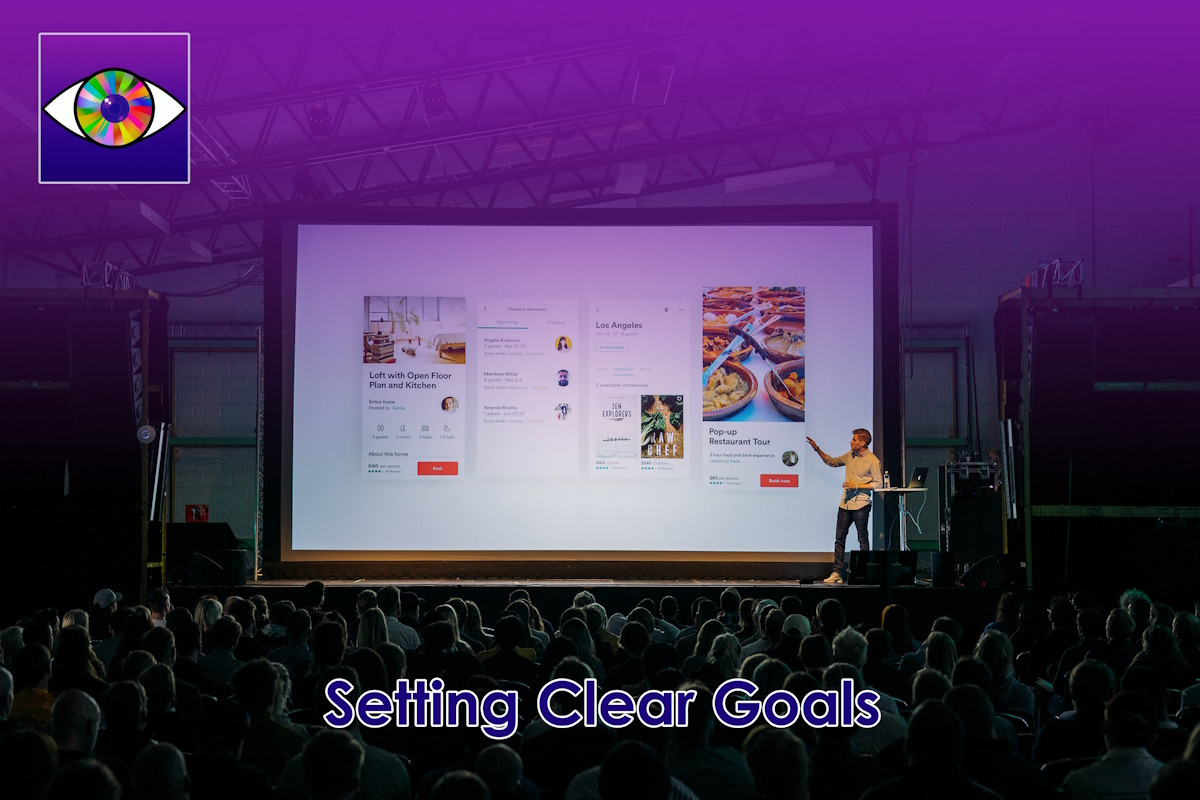
With your planning process streamlined, it's time to focus on successful event execution. Here are some tips to ensure that your event runs smoothly:
- Conduct thorough walkthroughs of the venue to familiarize yourself with the layout and identify any potential issues.
- Have a backup plan for outdoor events in case of bad weather or other unforeseen circumstances.
- Communicate clearly with your team and assign specific roles and responsibilities to avoid confusion.
- Test all equipment and audio-visual setups before the event to minimize technical glitches.
- Have a dedicated point of contact for guests to address any concerns or issues that may arise during the event.
- Follow up with attendees after the event to gather feedback and make improvements for future events.
Creating a detailed event timeline
Event planning doesn't have to be overwhelming and stressful. By following the strategies outlined in this article, you can streamline your planning process and enjoy stress-free event success. Remember to set clear goals, create a detailed timeline, manage your budget efficiently, communicate effectively, and utilize the right tools. With proper planning and execution, you can become a master of easy event management. So, get ready to impress your guests and leave a lasting impression with flawless, easy-to-manage events.
Efficient budget management
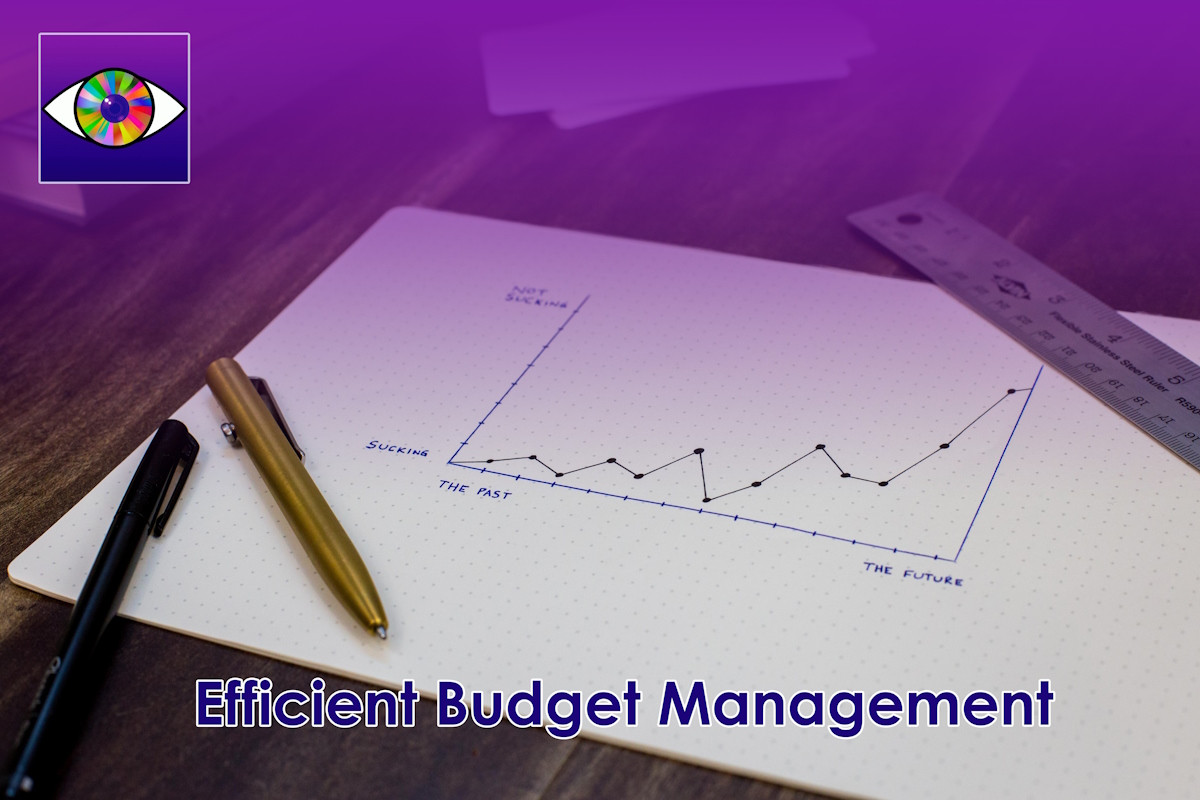
Planning an event without a clear timeline is like sailing without a compass. A detailed event timeline is crucial for ensuring that everything runs smoothly and all tasks are completed on time. Start by identifying the key milestones and deadlines for your event, such as booking the venue, sending out invitations, and finalizing the menu.
Once you have a clear timeline in place, break down each task into smaller, actionable steps. Assign responsibilities to your team members and set realistic deadlines for each task. This will help you stay organized and ensure that nothing falls through the cracks.
Remember to build in some buffer time for unexpected delays or changes. Flexibility is key when it comes to event planning, and having a contingency plan will save you from unnecessary stress.
Efficient Budget Management
Effective budget management is essential for successful event planning. Start by creating a comprehensive budget that includes all the necessary expenses, such as venue rental, catering, entertainment, and marketing. Research and compare prices to ensure you are getting the best value for your money.
As you start spending, keep track of your expenses and regularly update your budget. This will help you stay on top of your finances and avoid any unpleasant surprises down the line. Consider using budgeting software or apps to simplify the process and make it easier to track and manage your expenses.
It's also important to allocate a portion of your budget for unexpected expenses or emergencies. Having a contingency fund will give you peace of mind and ensure that you can handle any unforeseen costs that may arise.
Effective Communication and Collaboration
Event planning is a team effort, and effective communication and collaboration are crucial for success. Start by assembling a dedicated team of individuals who are passionate about event planning and have the necessary skills and expertise.
Establish clear lines of communication and set up regular meetings to discuss progress, address any challenges, and make decisions. Utilize project management tools and software to streamline communication and collaboration, and keep everyone on the same page.
Encourage open and honest communication within your team. Foster a culture where team members feel comfortable sharing their ideas, concerns, and feedback. This will not only lead to better decision-making but also boost team morale and productivity.
Utilizing Event Management Software and Tools
In today's digital age, there is a wide range of event management software and tools available that can help streamline your planning process. These tools can automate tasks, simplify registration and ticketing, manage guest lists, and provide real-time analytics.
Do your research and choose the right tools that align with your specific event needs. Look for features such as customizable event websites, online registration forms, email marketing capabilities, and attendee tracking. Investing in the right technology will save you time, reduce manual errors, and enhance the overall attendee experience.
Tips for Successful Event Execution
The success of an event lies in its execution. Here are some tips to ensure that your event runs smoothly and leaves a lasting impression on your guests:
1. Conduct thorough venue inspections to familiarize yourself with the space and identify any potential issues or requirements.
2. Create a detailed production schedule to coordinate all aspects of the event, including setup, audio-visual requirements, and entertainment.
3. Develop a comprehensive event checklist to ensure that all necessary tasks are completed before, during, and after the event.
4. Assign dedicated staff members to handle different aspects of the event, such as registration, guest management, and technical support.
5. Conduct rehearsals and run-throughs to iron out any logistical or technical issues before the event.
6. Provide clear instructions and expectations to all staff and volunteers involved in the event.
7. Have a dedicated point of contact for any last-minute changes or emergencies during the event.
8. Follow up with attendees after the event to gather feedback and express appreciation for their participation.
Conclusion: Enjoying Stress-Free Event Success
Event planning doesn't have to be overwhelming and stressful. By following our expert tips and strategies, you can streamline your planning process and enjoy stress-free event success. Creating a detailed event timeline, efficiently managing your budget, fostering effective communication and collaboration, utilizing event management software and tools, and implementing tips for successful event execution will help you master the art of easy event management.
So, don't let the daunting nature of event planning hold you back. With the right tools and knowledge at your disposal, you can be the master of stress-free event management. Get ready to impress your guests and leave a lasting impression with events that are flawless, and above all, easy to manage.
Effective communication and collaboration

One of the key secrets to successful event management is creating a detailed event timeline. This timeline will serve as your roadmap, guiding you through each stage of the planning process. Start by identifying the key milestones and deadlines for your event. This could include tasks such as securing a venue, sending out invitations, and finalizing the event program.
Once you have your milestones in place, break down each task into smaller, actionable steps. Assign responsibilities to your team members and set realistic deadlines for each task. By creating a detailed event timeline, you'll have a clear overview of what needs to be done and when, ensuring that nothing falls through the cracks.
Effective time management is crucial when it comes to event planning. Use project management tools or spreadsheets to keep track of your progress and make adjustments as needed. Regularly review your event timeline to ensure you're on track and make any necessary adjustments along the way. With a well-planned timeline, you'll have the peace of mind knowing that everything is under control.
Utilizing event management software and tools
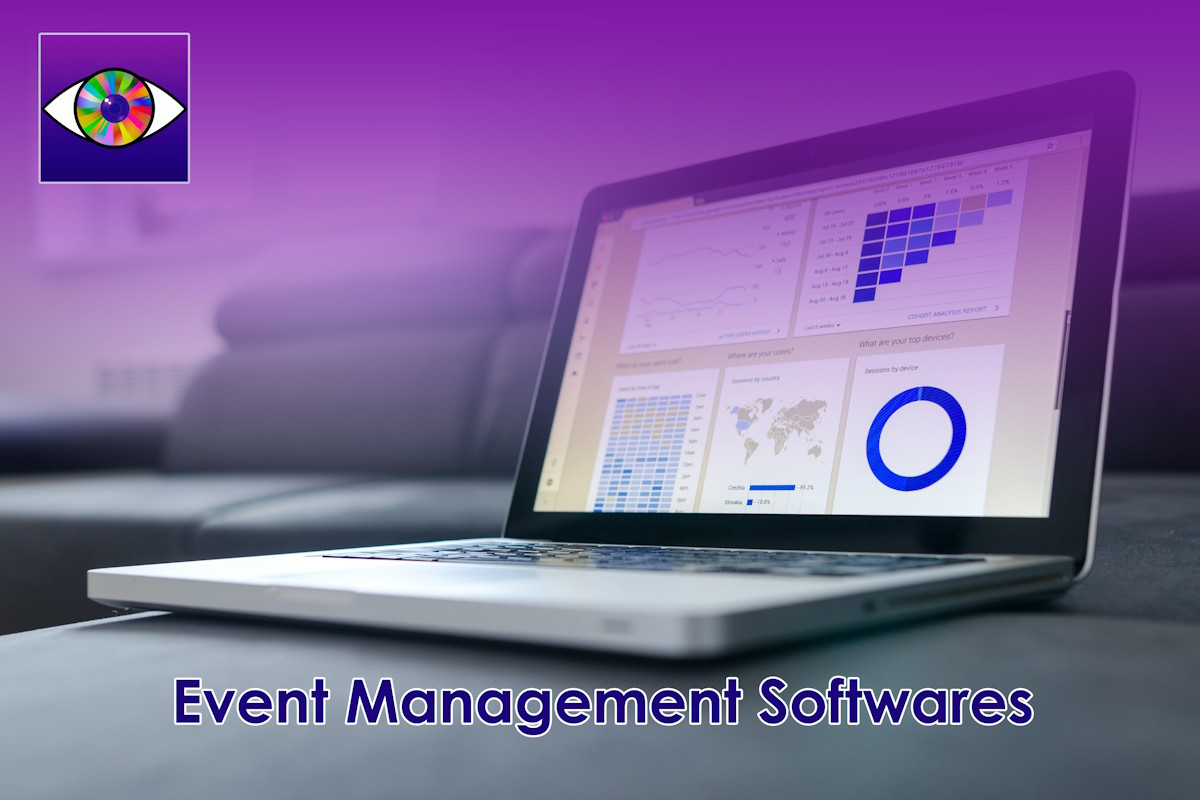
Another important aspect of easy event management is efficient budget management. Before you start planning your event, determine your budget and allocate funds to different aspects of the event, such as venue rental, catering, and marketing. It's crucial to have a clear understanding of your financial resources to avoid overspending or running out of funds.
When creating your budget, be sure to consider all possible expenses, including hidden costs and unforeseen circumstances. Research and compare prices from different vendors to get the best deals without compromising on quality. Keep track of your expenses throughout the planning process to ensure that you stay within your budget.
In addition to managing your expenses, it's also important to have a contingency fund for unexpected costs that may arise. No matter how well you plan, there may be unforeseen circumstances that require additional funds. Having a contingency fund will help you navigate these situations without causing unnecessary stress.
Tips for successful event execution
Successful event management heavily relies on effective communication and collaboration. As the event planner, it's crucial to establish clear lines of communication with your team, vendors, and other stakeholders involved in the event. Regularly communicate updates, changes, and expectations to ensure everyone is on the same page.
Utilize tools and technologies that facilitate efficient communication and collaboration. Project management software, instant messaging platforms, and video conferencing tools can help streamline communication and ensure that everyone has access to the information they need. Regular check-ins and meetings with your team and vendors will help maintain open lines of communication and address any concerns or challenges that may arise.
Additionally, fostering a collaborative environment among your team members will enhance productivity and creativity. Encourage open dialogue, listen to different perspectives, and empower your team to contribute their ideas and expertise. By working together as a cohesive unit, you'll be able to overcome any obstacles and deliver a successful event.
Conclusion: Enjoying stress-free event success
In today's digital age, event management software and tools have become invaluable assets for event planners. These tools can streamline and automate various aspects of the planning process, saving you time, effort, and resources. From event registration and ticketing platforms to project management software and event marketing tools, there are numerous options available to simplify your event management tasks.
Event management software can help you create professional-looking event websites, manage attendee registrations, and track ticket sales. These platforms often come with built-in features such as email marketing, social media integration, and analytics, allowing you to effectively market your event and measure its success.
Project management software, on the other hand, can help you delegate tasks, track progress, and collaborate with your team. These tools provide a centralized platform where you can assign responsibilities, set deadlines, and monitor the status of each task. With real-time updates and notifications, you'll always be in the loop and able to address any issues promptly.
By leveraging event management software and tools, you'll not only streamline your planning process but also enhance the overall attendee experience. These technologies enable seamless registration, efficient communication, and easy access to event information, making your event more appealing and user-friendly.

